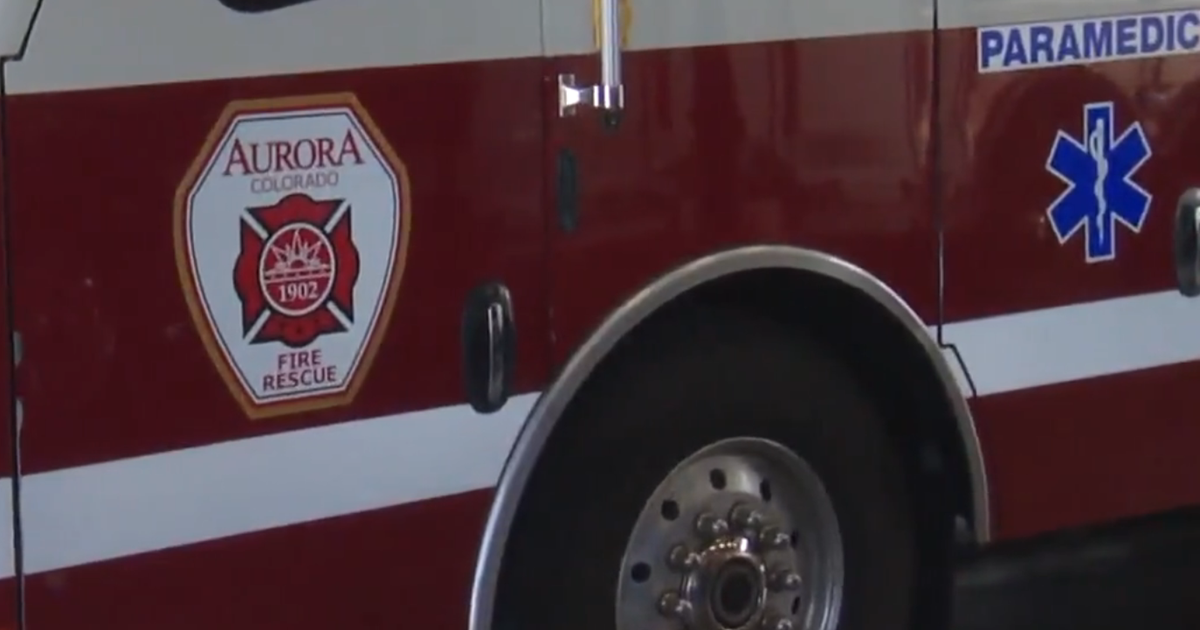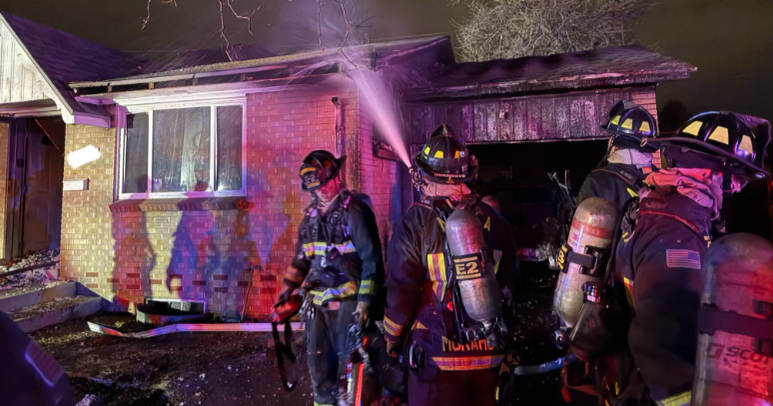After nearly 100 days of war, two out of three children in Ukraine are displaced
United Nations – Over five million children are now in need of humanitarian assistance because of the war in Ukraine, with "consequences for children at a scale and speed not seen since World War II," the United Nations' children's agency, UNICEF, said Tuesday.
"Almost two out of every three children have been displaced by fighting," UNICEF said in a statement. 3 million children inside Ukraine and over 2.2 million children in refugee-hosting countries are now in need of humanitarian assistance, and at least 262 children have been killed and 415 have been injured.
"It is one of the largest and fastest [displacement crises] in recent memory," Christopher Tidey, UNICEF's Emergency Communication Specialist, told CBS News.
The grim assessment came as the Biden administration announced details of a new $700 million security package it is sending to Ukraine.
The essential needs of children and civilians generally – to get drinkable water and food – are also the focus of U.S. and U.N. leaders, who are working through intense negotiations to try to access vital grains and other foodstuffs that are trapped in Ukraine due to Russia's blockade of the country's Black Sea shipping ports.
Russia and Ukraine account for one-third of the world's wheat exports, so the disruption of exports is also creating food shortages in famine-wracked nations and higher prices for basic commodities around the world.
On Wednesday, U.S. Ambassador to the U.N. Linda Thomas-Greenfield responded to a CBS News question at a press briefing, on what is happening to get Ukrainian wheat exports out of blocked ports.
"I'm told that there is about 25 million tons of grain that is available to be transported and provided to humanitarian programs, as well as to those who are dependent on Ukrainian wheat," Thomas-Greenfield said. "All of the efforts that are being led by the Secretary-General and others to figure out how to provide for humanitarian quarters, how to provide for the removal of mines and how to move forward on a ceasefire that would allow this essential food to get out to people in need is going to be a gargantuan effort," she said.
Friday marks 100 days since Russia invaded Ukraine, and U.N. agencies are straining under the scale of the need for humanitarian assistance the war has created.
Most of the children were killed or injured "in attacks using explosive weapons in populated areas," UNICEF said.
Russia has targeted civilian infrastructure, including at least 256 health facilities and one in six UNICEF-supported 'Safe Schools' in the country's east. Hundreds of other schools across the country have been leveled.
The war has caused an acute child protection crisis, including family separation, violence, abuse, sexual exploitation, and trafficking. Some children have been forcibly deported to Russia, "where children are placed in foster care or adopted in violation of international humanitarian law," Ukraine's U.N. Ambassador Sergiy Kyslytsya told CBS News.
"Without an urgent ceasefire and negotiated peace, children will continue to suffer – and fallout from the war will impact vulnerable children around the world," UNICEF's Executive Director Catherine Russell said.
UNICEF says that most of the children exposed to the war "need safety, stability, child protection services, and psychosocial support… and UNICEF continues to call for an immediate ceasefire in Ukraine and to protect all children from harm."
"More than anything, they need peace," UNICEF said.



